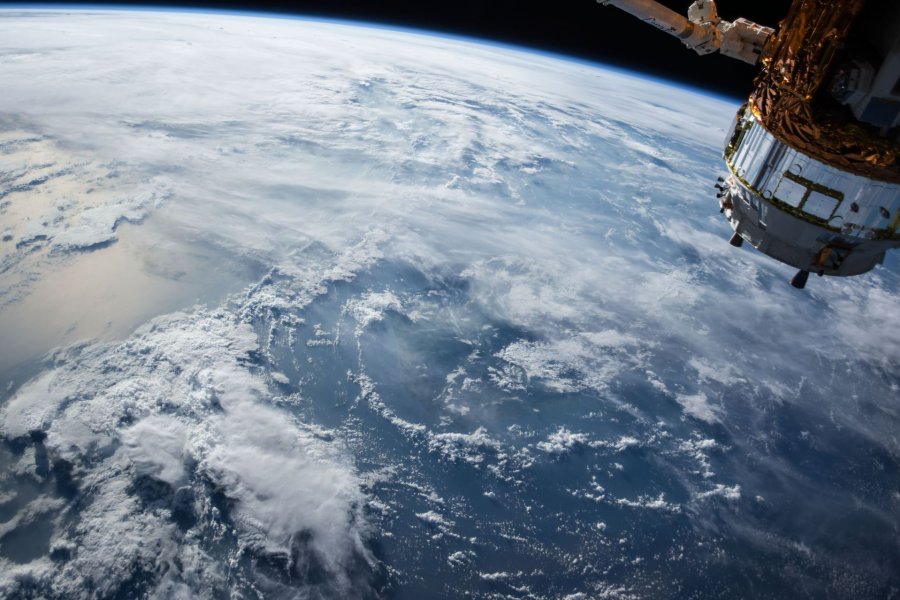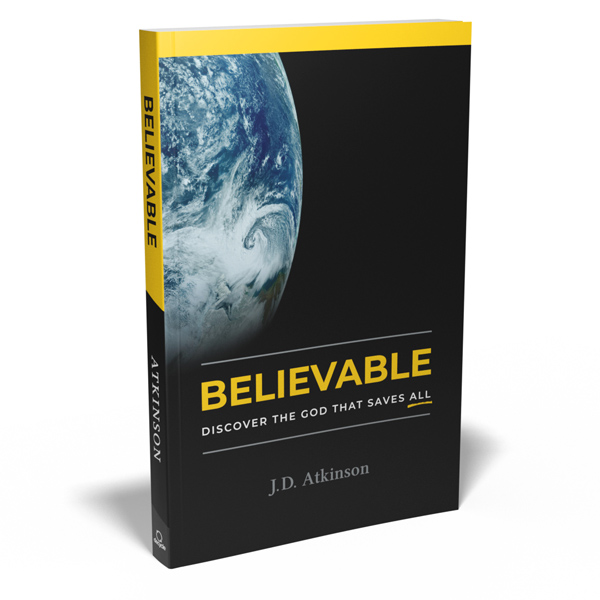Most people believe in a higher power. Polls show nine out of ten Americans do.
In fact, nearly three-quarters of religious “nones” (including atheists, agnostics, and the religiously unaffiliated) believe in some form of a higher power, even if not in God as described in the Bible.1
What leads the vast majority of people—even those who aren’t religious—to believe in a higher power? Let’s look at some of the reasons often cited.
-
The scarcity of life. For centuries, it could be postulated that the universe was home to countless other life forms. Yet recent advances in space exploration and imaging have revealed no evidence of life (past or present) on any other planet.
-
The precision of the universe. Earth’s atmosphere, gravity, composition, temperature, and position are all precisely tuned for life. We happen to be on the only planet known to be fully hospitable to life.
-
The complexity of life. Genetic code, which scientists have only recently begun to understand, allows the cellular hardware it is paired with to self-replicate. Biologists have never created life in any form, even under perfect circumstances.
-
The existence of matter. Theories of how life began typically start in the middle, with a world full of raw materials. The origin of matter itself is a question for which there is no adequate answer.
-
The laws of physics. Entropy should lead to further chaos; instead, we see the emergence of order all around us. In addition, our world is governed by inviolable natural laws which define science itself, yet exist for no known reason.
-
The fossil record. Darwin’s theory of evolution was admittedly lacking, hence the “missing link.” Rather than vindicating his ideas, the fossil record reveals large gaps between species instead of smooth steps.
-
The lineage of man. Science theorizes that modern men evolved from less advanced creatures as a result of natural selection. However, recent research points to a single genetic father of humanity—an “Adam.”
We won’t delve into each of these points; the list itself is sufficient to show why people see the fingerprints of a designer.
To be clear, scientific methods can’t prove that a deity exists. A deity is super-natural, whereas science deals strictly with the natural. Belief requires faith in something that can’t be seen. This requirement doesn’t seem to be a problem for most.
Some people reject faith in a Creator without hard proof. Yet they place faith in something else they can’t possibly know for sure: that a Creator does not exist. Since all observable evidence points to careful design by a creator, the belief that a higher power doesn’t exist requires significantly more faith. This isn’t a logical conclusion. It’s just blind faith.
It is easy to see why nearly everyone believes in a higher power. However, there are many different opinions on what that Creator is like.
-
“When Americans Say They Believe in God, What Do They Mean?”, Pew Research Center, last modified April 25, 2018, http://www.pewforum.org/2018/04/25/when-americans-say-they-believe-in-god-what-do-they-mean/. ↩

